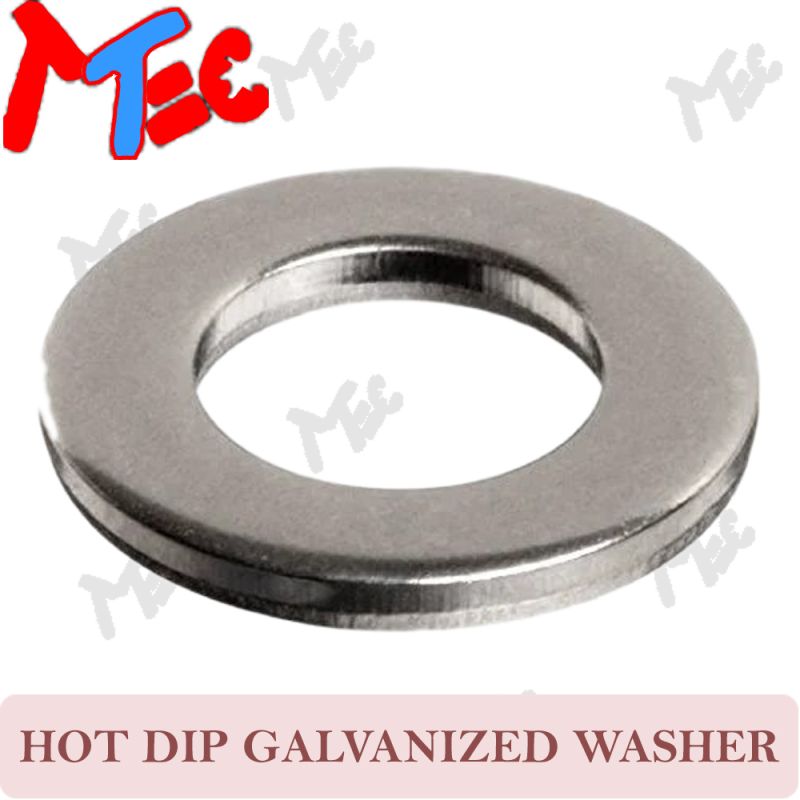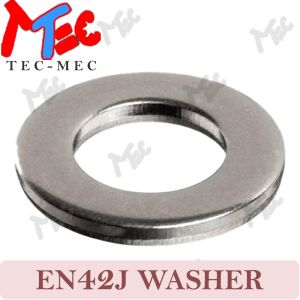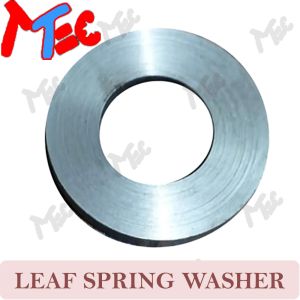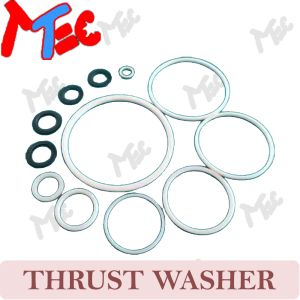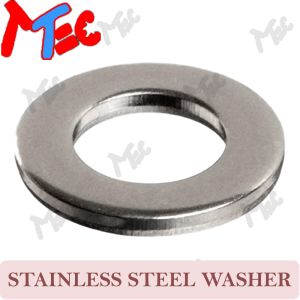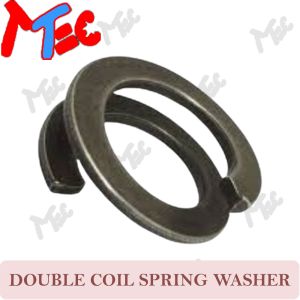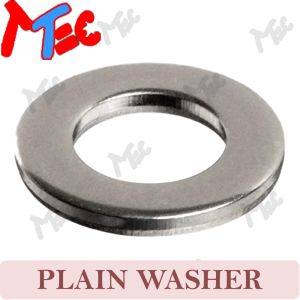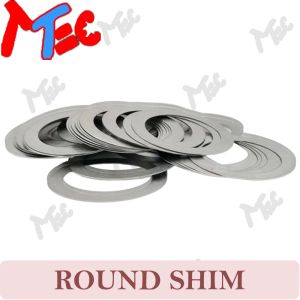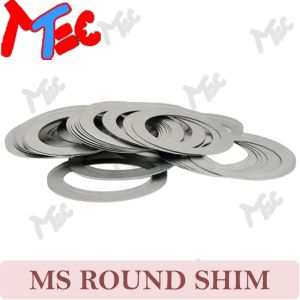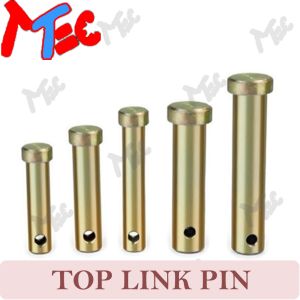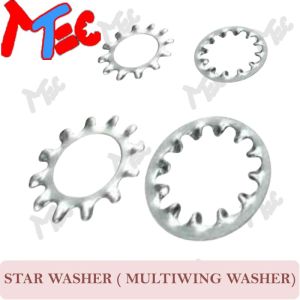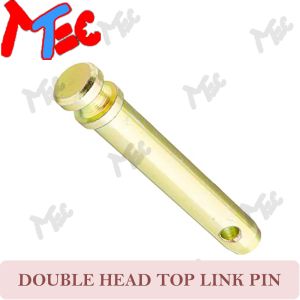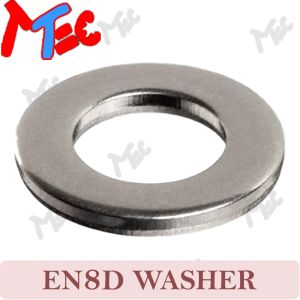+91-9888800376, +91-8837664395
| Business Type | Manufacturer, Exporter, Supplier |
| Material | Metal |
| Shape | Round |
| Color | Silver, Shiny Silver, Metallic, Grey-Golden, Grey, Golden, Black, Chrome |
| Click to view more | |
Preferred Buyer From
| Location | Worldwide |
Product Details
A hot-dip galvanized washer is a type of washer that has undergone a process where it is coated with a layer of zinc to provide superior protection against corrosion. The hot-dip galvanization process involves immersing the washer into molten zinc at high temperatures, resulting in a durable, corrosion-resistant coating. Here's a detailed description:
Process of Hot-Dip Galvanization
Cleaning: The washer is first cleaned to remove any dirt, oil, and rust. This is usually done using an acid solution to ensure the zinc coating adheres properly.
Galvanizing: After cleaning, the washer is dipped into a bath of molten zinc, usually at a temperature of around 450°C (840°F). The zinc forms a metallurgically bonded coating on the surface of the washer.
Cooling and Inspection: After the washer is removed from the molten zinc, it is allowed to cool, forming a hard, durable zinc layer. The finished washers are then inspected for consistency and quality of the coating.
Advantages of Hot-Dip Galvanized Washers
Corrosion Resistance: The primary benefit of hot-dip galvanization is its ability to protect the washer from rust and corrosion. The zinc coating acts as a sacrificial anode, meaning it corrodes in place of the underlying metal, prolonging the life of the washer and other connected parts.
Durability: The zinc coating formed through hot-dipping is much thicker and more durable than other types of coatings (such as electroplating). It is resistant to chipping, scratching, and wear, making it ideal for heavy-duty applications.
Longer Lifespan: The zinc layer provides long-lasting protection, especially in outdoor and harsh environments, including exposure to rain, moisture, saltwater, and chemicals.
Cost-Effective Protection: Hot-dip galvanized washers are relatively cost-effective compared to other corrosion-resistant options, such as stainless steel, while still providing excellent protection against corrosion.
Self-Healing: If the zinc coating is scratched or damaged, it has the ability to "self-heal" because the surrounding zinc will continue to protect the exposed steel by forming a protective layer.
Applications of Hot-Dip Galvanized Washers
Construction: Used in outdoor and infrastructure projects, such as bridges, highways, and buildings, where weather resistance is critical.
Automotive: Applied in vehicle parts exposed to the elements, such as undercarriages and exhaust systems.
Marine: Used in environments exposed to saltwater, like shipbuilding, docks, and coastal structures.
Agriculture: Common in farm equipment and outdoor structures that require rust resistance.
Industrial: Often used in equipment and machinery exposed to harsh weather conditions.
Common Uses
Fastening Systems: Hot-dip galvanized washers are frequently used alongside galvanized bolts, nuts, and other fasteners to ensure long-term durability in outdoor or corrosive environments.
Electrical Systems: In some cases, the corrosion resistance is important for maintaining the electrical conductivity and preventing electrical shorts in outdoor electrical installations.
Looking for "Hot Dip Galvanized Washers" ?
Explore More Products
Our Blogs


